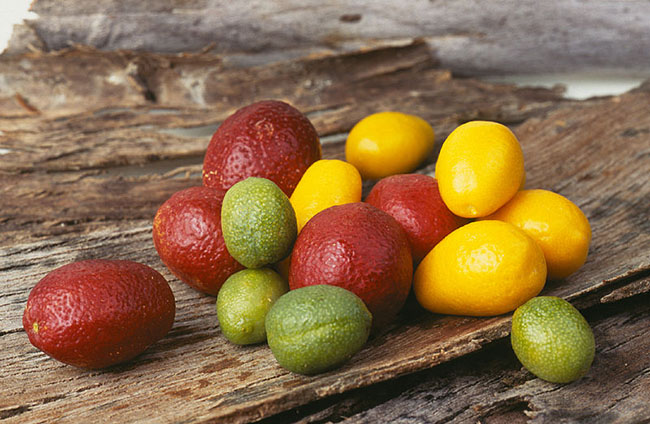David Jefferson UQ Law | Daniel Robinson, UNSW | David Claudie, Indigenous Knowledge | Jocelyn Bosse UQ Law | Margaret Raven, UNSW write for The Conversation
Many products we use each day contain compounds taken from nature. Aspirin, for example, is derived from willow trees. And nanofibres from spinifex grass in Queensland is added to bitumen to make stronger roads.
But throughout history, native plants, animals and other biological materials have been removed without the consent of Indigenous people. In many cases, Indigenous knowledge was also taken without permission – and Indigenous people rarely benefited from the commercial products developed as a result.

Aboriginal and Torres Strait Islander communities have strong connections to country, and totemic relationships with certain plants and animals. If these are removed without permission, Indigenous people suffer significant spiritual harm. And using Indigenous knowledge without permission perpetuates the social and economic injustices of colonisation.
With those important considerations in mind, the Queensland government last month reformed a law governing “biodiscovery” - the taking, analysing and using of native biological material. It should serve as a model for other states to follow.



